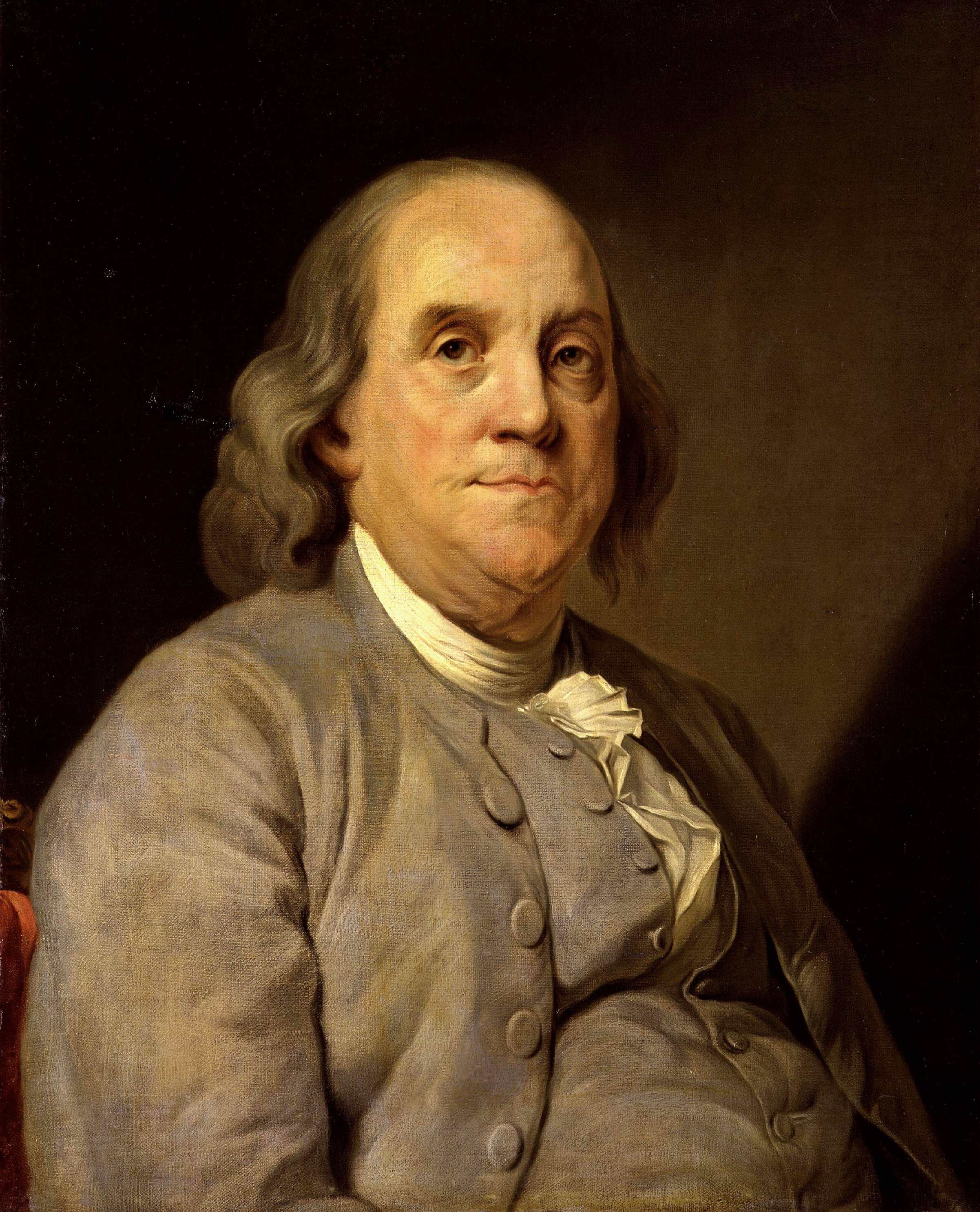According to Pregl, although for two weeks she worked seven days a week for a Maroubra (South Sydney suburb) pizzeria, her employer denied her any pay, apparently on the spurious grounds that she hadn't done some routine errands required of every person working in Australia.
After she told her employer she had gone to the Australian Taxation Office, she was finally paid, but at the flat rate of AUD14 an hour, two dollars less than the current minimum hourly wage, without any weekend extra pay. Two weeks later, Pregl lost her job.
" 'They were really taking advantage of me,' she said. 'But I really needed the money and so that's why I didn't say anything'." (See here)
----------
Mind you, among the cases exposed by a recent Fairfax Media investigation, Pregl's is not the worst, neither was it particularly bad: perhaps out of sheer luck, the amount of her loss is moderate; more importantly, the situation didn't last long and didn't involve irreversible damage.
But Pregl's is not an isolated incident; nor is everybody as lucky as she was. The investigation focusing on restaurants and diners, by Sarah Whyte and Clay Lucas, revealed people not being paid at all, or being paid AUD8 an hour, flat; employers keeping the tips patrons left for the staff. Below you find some of their articles.
And Pregl's case reveals something key: employers will take advantage of your need and naivety.
----------
But even those cases cited by Whyte and Lucas are not the worst that can happen to young tourists visiting Australia on working visas. Jessica Pera, also from Germany, is an example of the worst that can happen.
Arriving in Australia on a working holiday visa on November 17, 2010, less than a month later Pera was in Childers (Queensland), working as a fruit picker.
"In an email days before her death, Jessica anticipated temperatures of 35C to 40C. On her first day, December 10, Jessica was picking melons. This was heavy work and she found the going tough, so the next day she was sent to pick tomatoes.
" 'With the melons there was some shade,' Mr Pera [Juergen, Jessica's father] said, 'but they tell me there was no shade in the tomato fields'." (See here)According to the media, Pera collapsed around noon of December 11; the paramedics attempted to revive her, to no avail:
"Mr Pera said his 24-year-old daughter had been a healthy girl who was an experienced traveller.One year and a half later, ABC News reported:
" 'She never drank or smoked or did drugs', he said.
" 'She was a very good daughter. She had travelled a lot and she always had the proper checks before she went anywhere.'
"Mr Pera said Jessica's doctor said she was in good condition and health before she left.
" 'He [the doctor] said there was no reason he could see for her to die,' Mr Pera said.
"The grieving father said travelling around Australia had been Jessica's lifelong dream". (See here)
"Farm fined over backpacker death
"By Kallee Buchanan. Posted June 10, 2011 11:55:00
"A farm at Childers, in southern Queensland, has been fined $25,000 for failing to protect workers against heat stress after a backpacker died.
"German backpacker Jessica Pera, 24, died while working at Barbera farms in 2009 [sic].
"The Brisbane Magistrates Court found the company failed to provide water, shade and protection from the sun on the day she died.
"Jamie Cupples from Farmsafe Queensland says the fine is appropriate.
" 'It's the lower end of the range I guess for a fatality,' he said.
" 'For a rural industry they can go up to $60,000, but given that when they look at these things they look at the issue entirely and they look at what should have been provided and what hasn't been provided and I guess in this case the judgment has said that they didn't provide certain things for the workers'."
----------
If you are already here, for the love of God, join a union. The Australian Council of Trade Workers Union (ACTU) should be able to indicate which union covers you.
Unions in Australia are not a magic bullet and they cost you money (tax deductible), but you'll have some support and advice: use it.
I could argue on the basis of workers' solidarity; but people nowadays are too "smart" for that. They know better than this old-fashioned class thing: it's every man for himself. I'll argue, then, in terms modern "smart" people understand. Think of unions as a kind of insurance: hopefully, you'll never need it and you'll whinge you lost your money; but you'll be sorry if you need it and you don't have it.
Let's face it, unions are less than enthusiastic about helping workers who never contributed to the union. And, in a world where everybody is "smart" and workers' solidarity counts for little, as it counts little for you, you can't blame them, can you?
Whether you join a union or not, don't accept being exploited. It's not fair to you, it's not fair to those already here and it's not fair to those on their way here.
The much maligned by the bosses Fair Work Ombudsman is another resource you should be aware of. It's probably a bit of a paper tiger (like all existing workplace protection and the unions themselves), as the information below suggests, but, like the unions and the crappy work protection, is better than nothing.
Ask locals about how things are supposed to be.
But, above all, understand something: your boss is not your friend or your relative; he/she doesn't care about you; what he/she cares about is making money on your work. Each and every one of them is the same, but some of them will stop at nothing.
----------
If you are thinking about coming: you have been warned. Good luck.
Fairfax Media is asking for further information. If you know more, contact them. The article entitled "Underclass of restaurant employees in Sydney grossly underpaid" details the alternative ways.
----------
Further Reading:
On Jessica Pera's case:
How did our daughter die? Parents demand some answers - Rick Feneley - March 13, 2010
Answers wanted for mystery death - Vanessa Marsh - Mar 13, 2010
He sacked them for pleading for water - March 13, 2010
Farm fined over backpacker death - Kallee Buchanan - June 10, 2011
On the Fairfax Media recent investigation on restaurants and diners:
Underclass of restaurant employees in Sydney grossly underpaid - Sarah Whyte and Clay Lucas - January 18, 2013
Restaurants' dirty secret revealed - Sarah Whyte, Clay Lucas - January 26, 2013
Wages of sin - January 26, 2013
Hard to swallow: restaurant staff tips taken by owners, says union - Sarah Whyte, Clay Lucas - January 29, 2013
Wages rot begins at the top - Sarah Whyte, Clay Lucas - January 27, 2013
Update:
24-08-2012. The Unions Australia website is designed to facilitate the process of joining a union.








